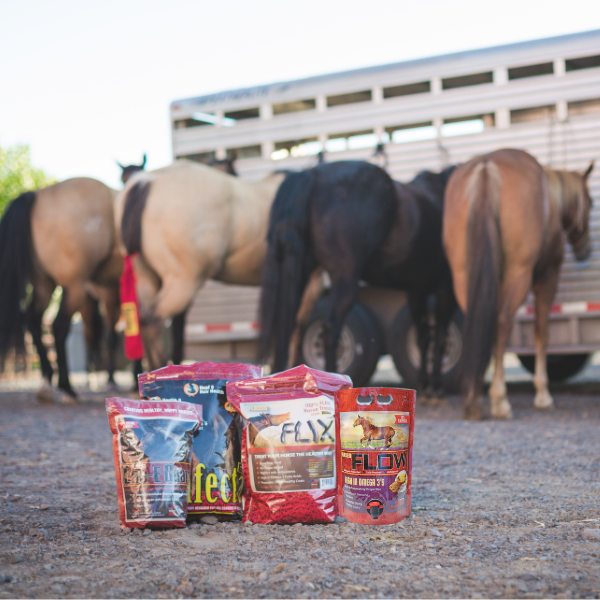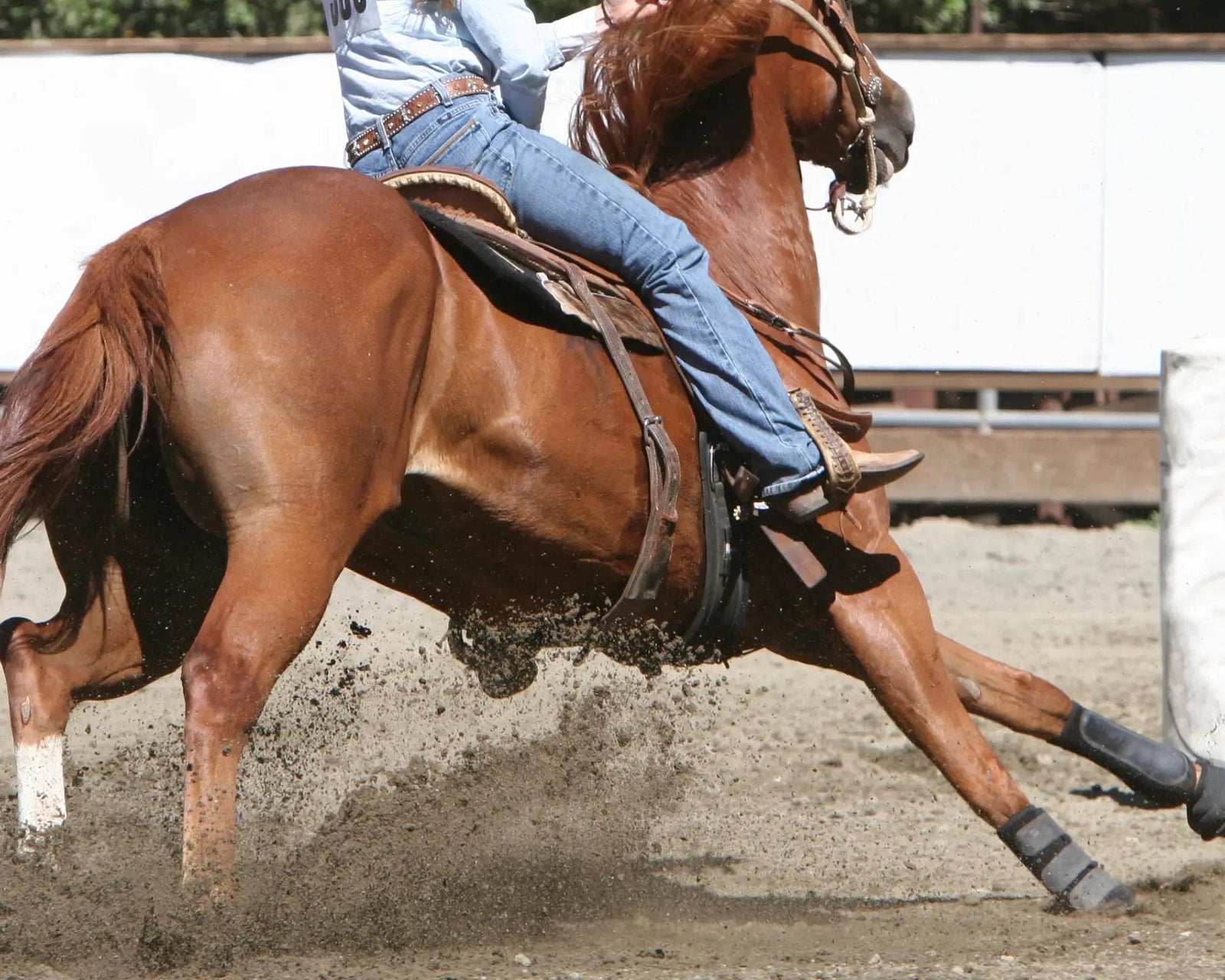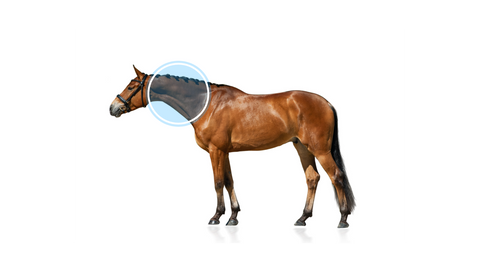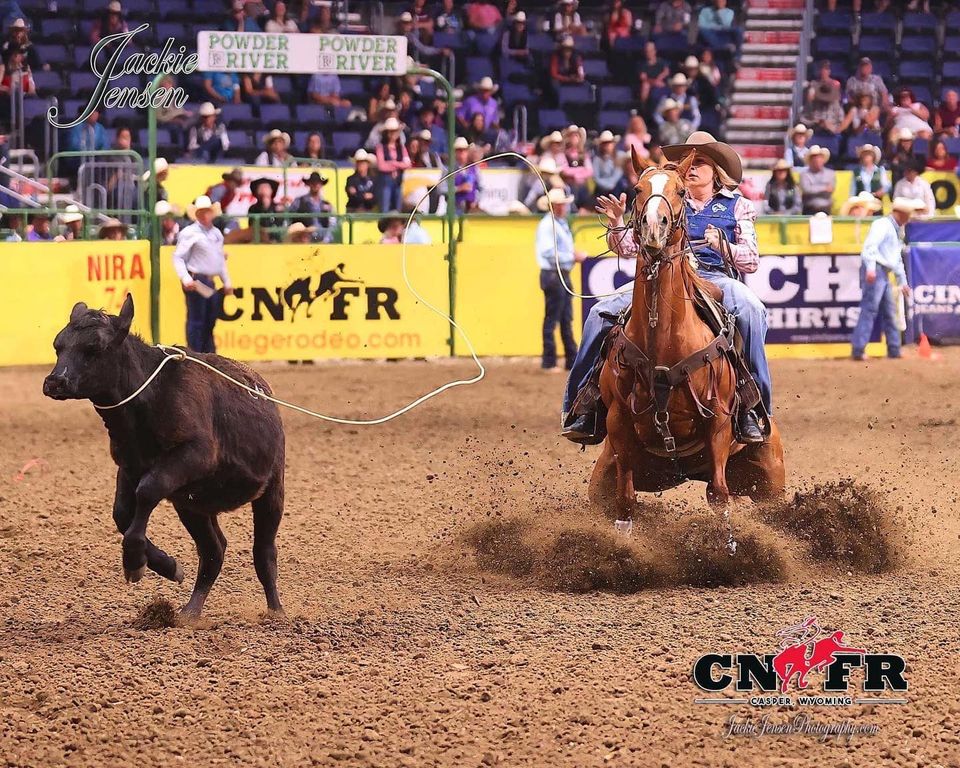When your old friend is stiff in the morning you can’t help but want to make them feel better. Joint supplements for horses can be a great option to help ease some of that pain. Osteoarthritis, commonly called arthritis, in horses is very common. This is especially true in recent years as the knowledge of nutrition and care has lengthened the lifespan of many horses, and the level of performance that horses compete at has increased.
Classic symptoms of arthritis include lameness and stiffness due to bony changes in the joint; swelling caused by excess fluid in the joint; heat; and popping, grinding, and crackling of the affected joint produced by the friction between bone and cartilage, scientifically known as crepitus. Arthritis typically affects articular joints, meaning a joint where two cartilage-covered bones meet. However, arthritis can ultimately affect any joint.
Common joints for horses to develop arthritis:

Arthritis in horse hocks
Performance horses commonly develop arthritis is their hocks. There are 4 main joints levels. However, the lower 2 hock joints have very low motion, and are the two that most commonly develop arthritis.

Horse knee arthritis
Carpometacarpal syndrome is arthritis of the knee, that occurs most often in Arabians, however, can occur in any breed. Instability of the lower joint of the knee causes the bone to try to bridge and causes the appearance of big bumps on the knees. When the lowest joint finally fuses the upper joint will have a lot of arthritis as well.

Arthritis in the stifles
One of the largest weight-bearing surfaces in a horse’s body is the medial femoral tibial joint, the joint in the stifle that most commonly develops arthritis. Choosing a supplement for stifle problems in horses at early stages of osteoarthritis is crucial to slowing the progression because stifle injections don’t seem to be as effective as other joint injections.
Neck arthritis
While the neck isn’t an articular joint, arthritis in a horse’s neck can be very serious. The neck is an extremely complex structure with seven large vertebrae and over a hundred muscles supporting it. Neck arthritis is most common in performance horses that must collect themselves and turn quickly, such as barrel horses, jumpers, eventers, and dressage horses.
Unfortunately, we can’t reverse osteoarthritis, because the damage is already done. However, once arthritis has developed it is all about pain management, reduction of inflammation, and improving the joint fluid to help slow the progression of osteoarthritis. While joint injections are useful in treating arthritis, they aren’t without their risks of complications. Therefore, treating arthritis in horses naturally by using an arthritis supplement for horses can be a great option. Key components to the best joint supplement for horses include Glucosamine, MSM, and hyaluronic acid.
Glucosamine for Horses
Glucosamine is a precursor for chondroitin, a key component of healthy cartilage, and many other glycosaminoglycans that are found in cartilage. Glucosamine stimulates cartilage production. It has also been shown to help block enzymes and mediators to slow the process of cartilage breakdown. Pain and stiffness associated with arthritis can be mitigated with glucosamine. Helping further to aid in improving mobility. The most common ingredient in equine joint supplements is glucosamine ranging in levels from 1,200 to 12,000 mg.
- Trifecta provides 5,000 mg of glucosamine and Equine Joint Guard provides 6,500 mg of glucosamine.
MSM for Horses
MSM supports the quality and strength of connective tissues such as bones, ligaments, and tendons. It also plays a role in collagen production. Cell regeneration also requires sulfur which is the basis of MSM. Studies have shown that horses supplemented with MSM have less discomfort and inflammation. MSM for horses with arthritis provides anti-inflammatory benefits and MSM and glucosamine work synergistically together in joint supplements to maintain equine joint health. For this reason, it is important to look for equine joint supplements that contain both ingredients.
- Trifecta contains 5,000 mg of MSM and Equine Joint Guard contains 6,500 mg of MSM.
Hyaluronic Acid for Horses
Hyaluronic acid (HA) is the primary component of healthy joint fluid (synovial fluid). It also promotes tendon gliding and flexibility in tendons and ligaments. HA helps maintain cells in the joint and it gives the “sticky” texture to synovial fluid. The viscosity of the synovial fluid provides shock absorption and lubrication. By providing more lubrication there is less friction, and therefore is less wear and tear on the cartilage in the joint. Lubrication also reduces inflammation and in turn pain. HA also provides antioxidant properties, which help reduce oxidative stress that deteriorate your horse’s joints. Arthritic joints don’t produce adequate amounts of HA, therefore it is important to supplement.
- Trifecta and Equine Joint Guard contain 100 mg of HA per serving.

Feeding For Your Horse's Healthy Joints By Putting it all to Together
The best joint supplement for a horse with arthritis contains all three ingredients. Glucosamine and MSM work synergistically together to help to promote healthy cartilage and overall joint health, while hyaluronic acid is crucial to the health of the joint fluid. When you are dealing with your horse that has years of experience, it usually is going to come with some arthritis. Help out your equine friend by helping to slow the progression of osteoarthritis with one of our great joint supplements.







Leave a comment (all fields required)